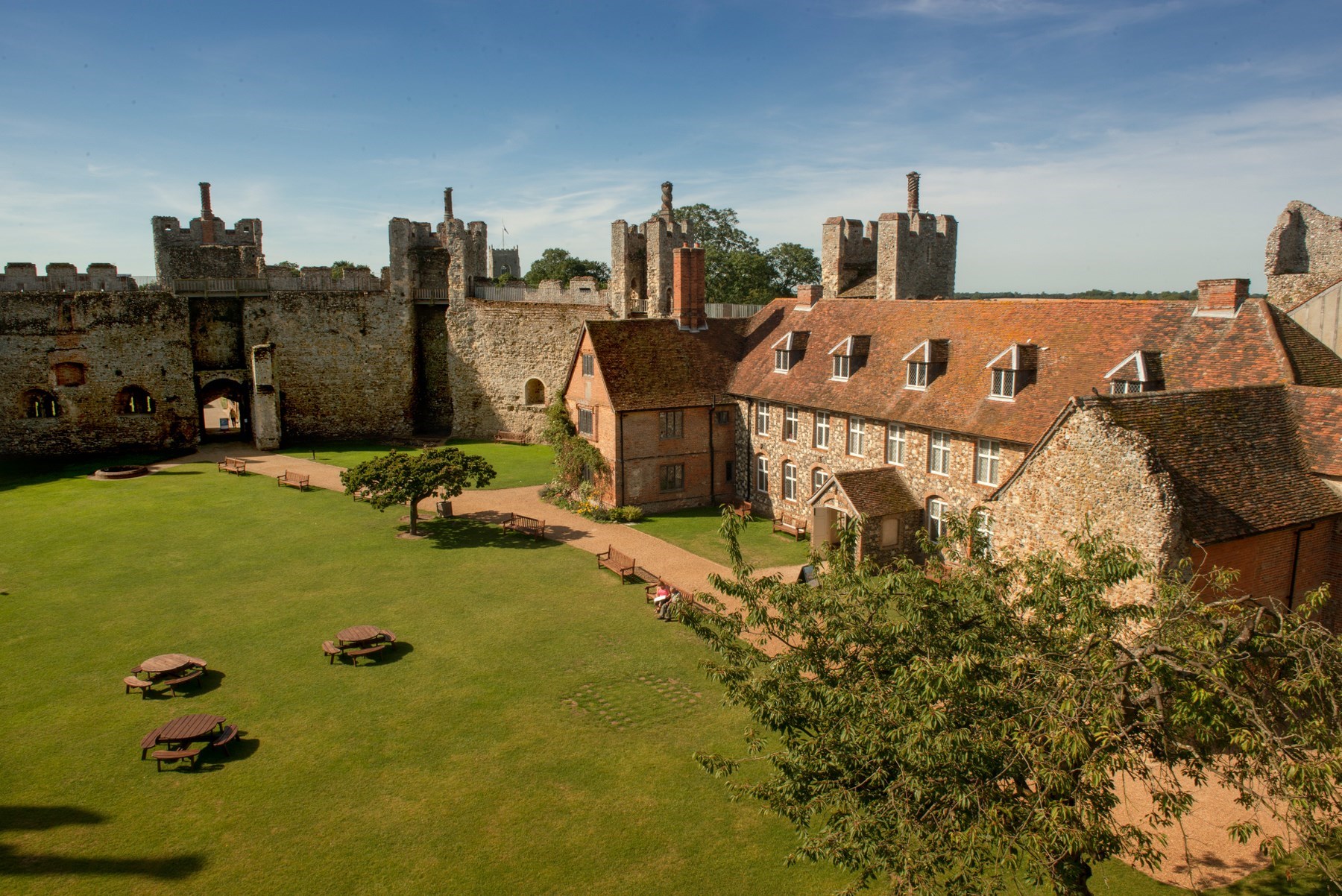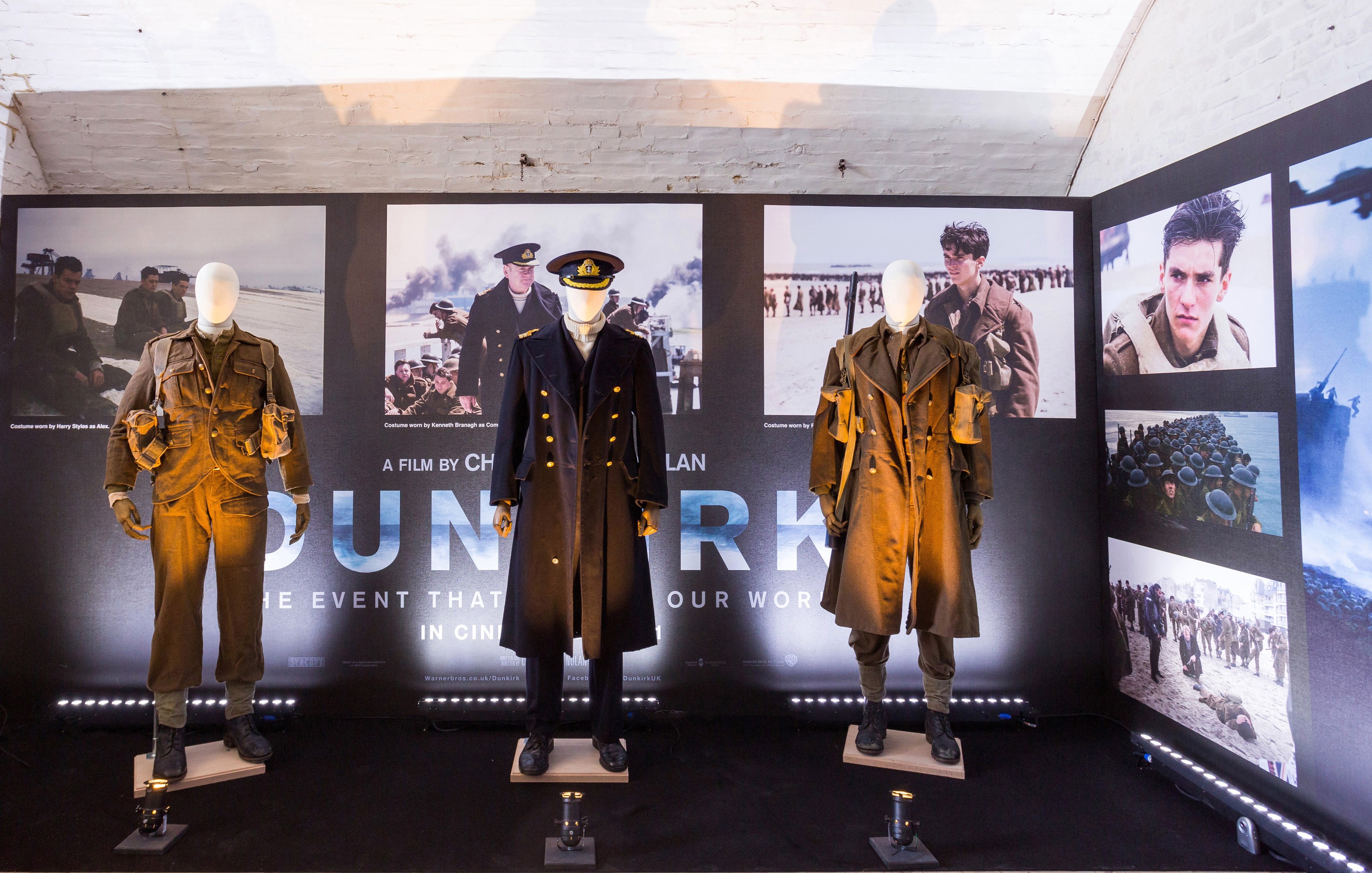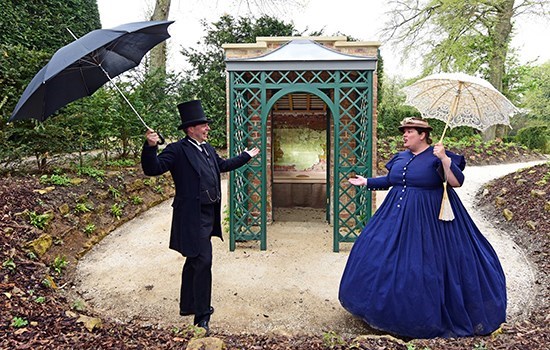08/06/2017
English Heritage celebrates innovation through the ages with ingenious!
English Heritage also reveals the top 10 inventions of all time, as voted by the British public
A new nationwide exhibition at English Heritage places across the country will identify the best inventions from its collection with the launch of Ingenious! The Making of England.
Objects on show include Roman armour at Corbridge Roman Town in Northumberland and the 1930s vacuum cleaner at Eltham Palace in London.
These objects are marked at our sites, but you can let us know if we've missed anything by visiting our sites and tweeting @EnglishHeritage using the hashtag #Ingenious.
Matt Thompson, Head Collections Curator at English Heritage, said:
'This summer we're celebrating ingenuity through the ages, from prehistoric axes to vintage vacuum cleaners. We're showcasing some of the most important inventions of all time,' he says.
'History has been built on ingenious inventions, big and small, and it's fascinating to hear what people find ingenious.'
Vote for your top invention
To coincide with the exhibition, English Heritage conducted a survey to ask the British public what they consider to be the best invention of all time. The final list spans across several periods of history - from sewers of the ancient world to the internet from the modern day. Vote for your favourite here.
The new research also reveals that people believe the Victorian age was the most inventive, followed by the modern era. Our collections include many examples of Victorian ingenuity including an ice cream maker at Brodsworth Hall in Yorkshire and the Bell telephone at Osborne on the Isle of Wight.
For more from English Heritage, follow us on Facebook, Twitter and Instagram.
Top 10 inventions - survey results
- The Wheel
The wheel was invented around 3500 B.C. Though it was originally used for pottery, it soon revolutionised everyday life and now wheels are found in everything from clocks to vehicles to turbines.
- The Fridge
The ability to keep food cold for prolonged periods drastically changed the food production industry and eating habits of people around the world. Now, we have easy access to fresh meats and dairy products even in the hot summer months.
- Sewers
Whether Egyptian, Roman or modern, sewage and sanitation systems made cities more sanitary (and more pleasant) places to live.
- The Plough
Ploughs made farming easier and faster so that people could harvest far more food than they needed to survive. They sold the surplus for goods or services and as populations gathered to trade, cities grew.
- Penicillin
Penicillin was discovered by Alexander Fleming in 1928. It transformed medicine by its ability to cure infectious bacterial diseases and began the era of antibiotics.
- The Internet
The creation of the internet in the 1960s and the World Wide Web by Tim Berners-Lee in the 1990s transformed our communication, commerce, entertainment, politics and much more.
- Armour
With some of the earliest armour dating back to Ancient Rome, this invention was an important development in the history of warfare through the ages.
- The Light Bulb
As well as initiating the introduction of electricity in homes throughout the world, this invention also had an unexpected consequence of changing people's sleep patterns.
- The Clock
Much of everyday life requires knowledge of time and for thousands of years, we have tried to keep track of it, using devices from sundials to candle clocks to modern clocks.
- The Tea Bag
Tea bags were invented by accident in 1908 when American entrepreneur Thomas Sullivan decided to package tea in bags made of silk. It was the customers who assumed that the tea bags were intended to be dipped into hot water.
More recent news
-

Framlingham Castle reopens following £1.2 Million Investment
Framlingham Castle will reopen its doors on June 16 allowing visitors to uncover the sites 900-year-old story after a £1.2 million investment and conservation project.
-

Costumes from Dunkirk film on show at Dover Castle
Costumes worn by Kenneth Branagh, Harry Styles and Fionn Whitehead in the upcoming film Dunkirk are featuring in an exhibition at Dover Castle.
-

Victorian garden toilet restored to former glory at Brodsworth Hall
A hidden Victorian loo that was used by the wealthy owners of Brodsworth Hall in their garden has been restored by English Heritage.
